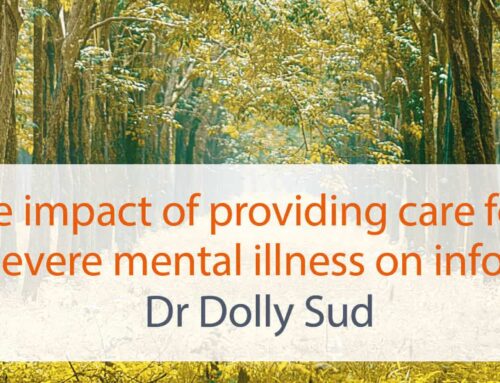Did you know that people living with severe mental illness in England are nearly two and a half times more likely to die prematurely from cancer than those without mental illness?
A recent study published in the British Journal of Cancer reveals a troubling reason why: they’re far less likely to take part in life-saving cancer screening programmes.
Screening helps detect cancer early, when it’s most treatable. Missing out on these checks means cancers are often found later, when treatment is harder and survival rates are lower.
Researchers analysed data from over 5.5 million adults across England to understand who was attending routine screenings for bowel, breast, and cervical cancer. The results were stark. In bowel screening, 42% of people with severe mental illness took part, compared to 59% of those without. For breast screening the comparison was 48% vs. 60%. And in cervical screening, it was 64% vs. 70%.
The lowest participation was among people diagnosed with schizophrenia, as well as those living in the most deprived areas. Ethnicity also played a part: among those with severe mental illness, Black adults had the lowest rates of bowel and breast screening, while Asian women were least likely to attend cervical screening.
So, what can be done to tackle these gaping inequities?
Well, the first step to tackling any inequity is to acknowledge it. The recent NHS 10 Year Plan does outline some ambitions to improve cancer screening, but there isn’t much there about tackling inequity related to mental health.
Second, we need to stop defining people living with poor mental health as ‘hard to reach’. If you find something ‘hard to reach’, my advice is that you need to move closer to it. In relation to screening, this would mean closer collaboration with mental health services and proactive outreach programmes to those living with mental illness.
Third, and maybe most importantly, we need to increase our understanding. Qualitative research is urgently required to properly understand the barriers people with severe mental illness face in relation to screening. One good example is a study from 2016 which found that a range of factors played a role, including knowledge of screening programmes (including among mental health care providers); attitudes towards mental illness and screening service communication methods.
There is so much to do. If we genuinely want to improve cancer outcomes in the UK then we need to start where those outcomes are poor. This includes ensuring that people living with severe mental illness are not left behind when it comes to cancer prevention. Let’s listen to people’s experiences, adapt services to meet needs, and finally make screening truly accessible for all.
Author: Professor Lisa McNally, Director of Public Health for Worcestershire County Council






